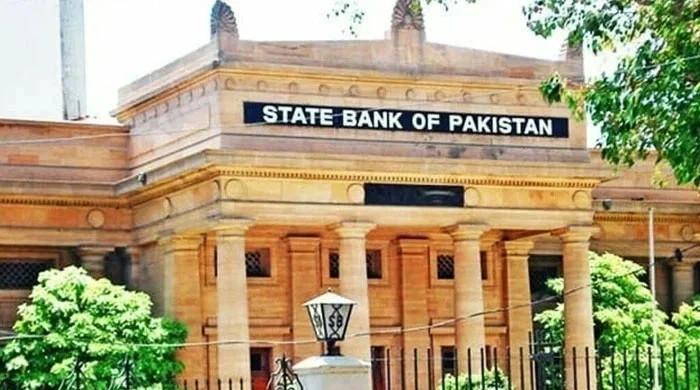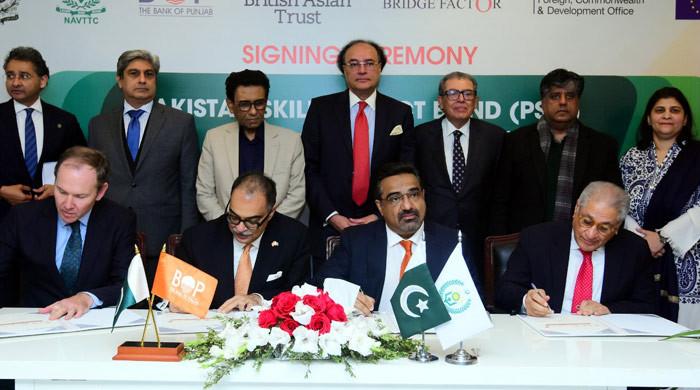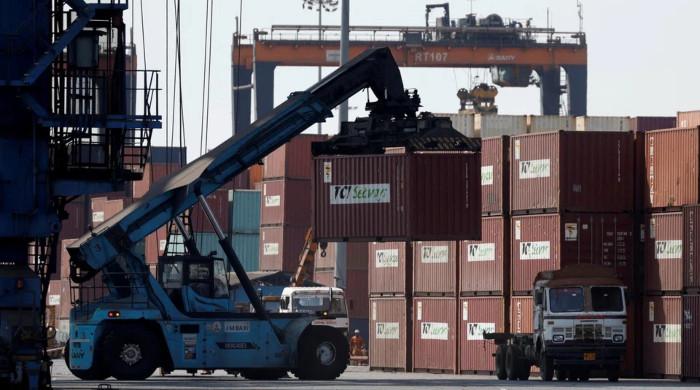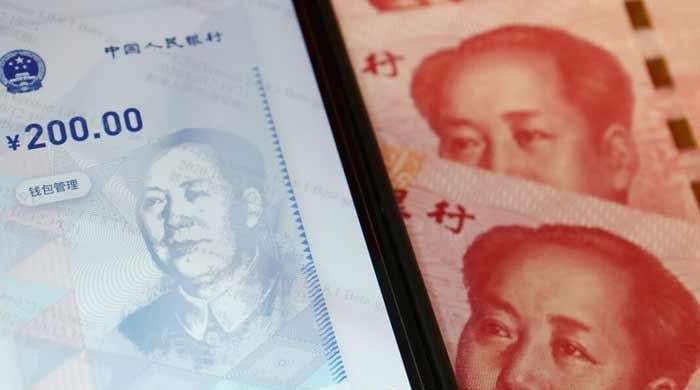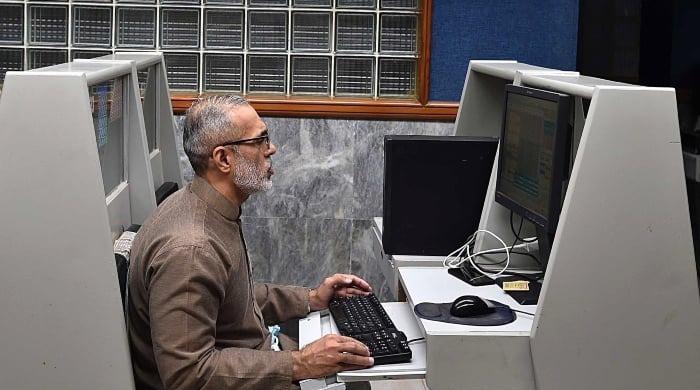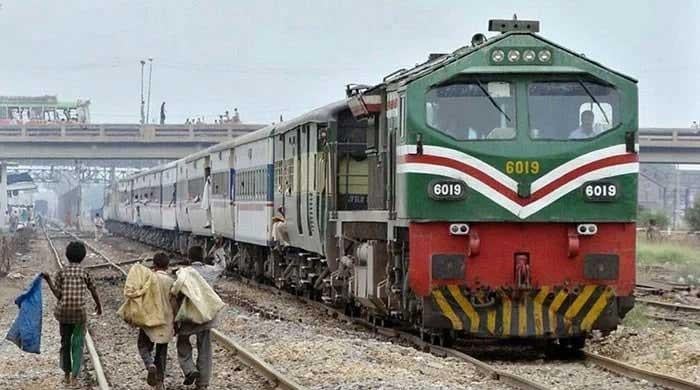IMF bars Pakistan from giving subsidy without approval
"Pakistan and IMF have evolved consensus that Islamabad will not provide any subsidy without prior approval," sources say
May 04, 2023
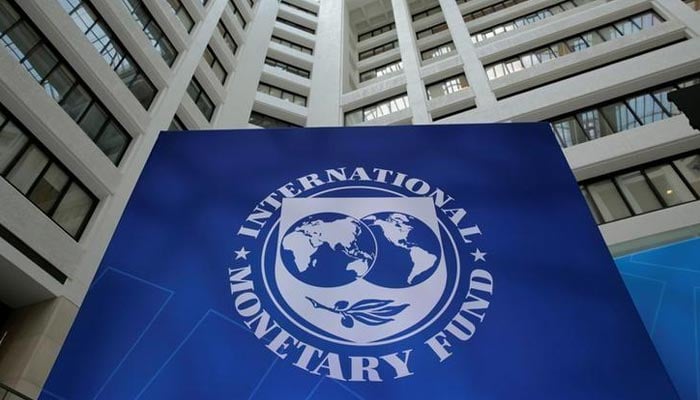
- No agreement in sight as Pakistan, IMF differ on prior actions.
- Fund asks for confirmation from commercial banks.
- Controversy over cross-fuel subsidy has largely been resolved.
ISLAMABAD: The International Monetary Fund (IMF) — through the Memorandum of Economic and Financial Policies (MEFP) — has made it clear that Pakistan will not provide any kind of additional subsidy without prior approval of the lender as both sides struggle to arrive at a consensus on fiscal adjustment plans, The News reported.
Pakistan and the IMF have been negotiating since late January on an agreement that would release $1.1 billion to the cash-strapped, nuclear-armed country of 220 million people.
The issue which has hit a snag, is a plan, announced by Prime Minister Shehbaz Sharif in March, to charge affluent consumers more for fuel, with the money raised used to subsidise prices for the poor, who have been hit hard by inflation.
Despite meeting almost all conditions laid forth by the Fund, the coalition government is still struggling to convince the lender to release the tranche.
A day earlier, the federal government also sought US intervention once again to convince the IMF staff to move towards striking a staff-level agreement as Islamabad had fulfilled all the major conditions given in the Fund’s prescriptions.
“Pakistan and the IMF have evolved broader consensus that Islamabad will not provide any additional subsidy without prior approval of the Fund staff during the remaining period of the ongoing Extended Fund Facility (EFF) programme,” top sources privy to the development confided to The News on Wednesday.
Thus, the lingering controversy over the proposed cross-fuel subsidy had now been resolved largely, which had proved one of the major stumbling blocks in the way of signing the staff-level agreement.
On another thorny issue of securing confirmation on the external financing gap of $5 billion by the end of June 2023, the sources said the Kingdom of Saudi Arabia (KSA) and United Arab Emirates (UAE) had extended confirmation to the IMF of over $2 billion and $1 billion, respectively.
It was expected that the formal agreements with the KSA and UAE would be signed shortly.
The Pakistani authorities are complaining that the IMF placed prior actions before signing the staff-level agreement, which was never done in the past.
Now it’s a chicken-and-egg situation, as the Fund asks for confirmation from the commercial banks before signing the agreement, while the banks are asking for IMF’s board approval and revival of the Fund programme to refinance loans worth $2-3 billion.
According to an official announcement released by the Ministry of Finance, Andrew Schofer, Charge’d Affaires of the Embassy of United States, called on Finance Minister Ishaq Dar at the Finance Division.
The minister informed the US diplomat about the ongoing IMF programme and assured him that the government was committed to completing the programme.




